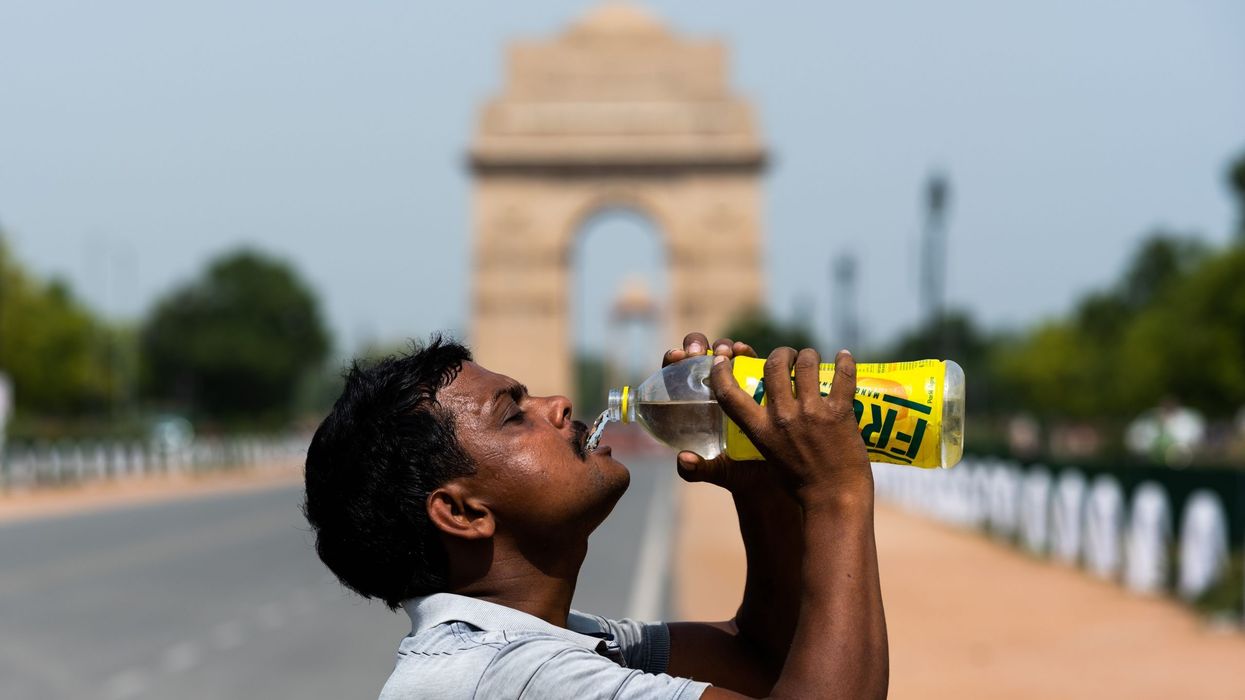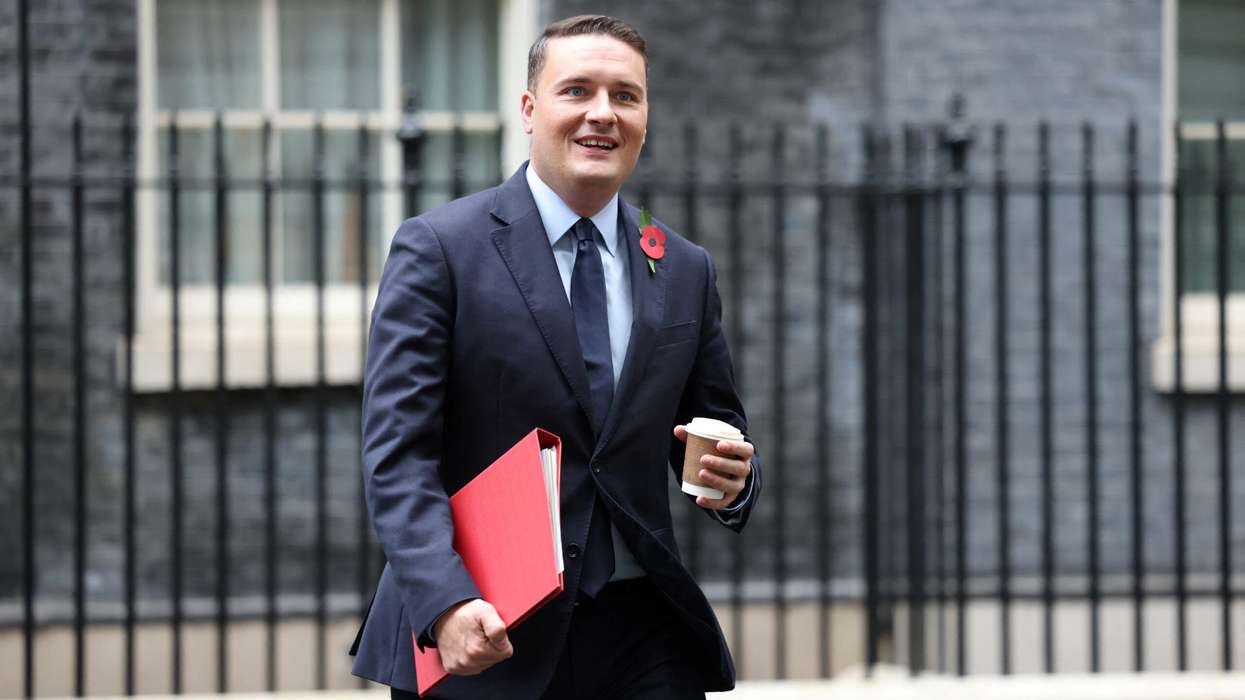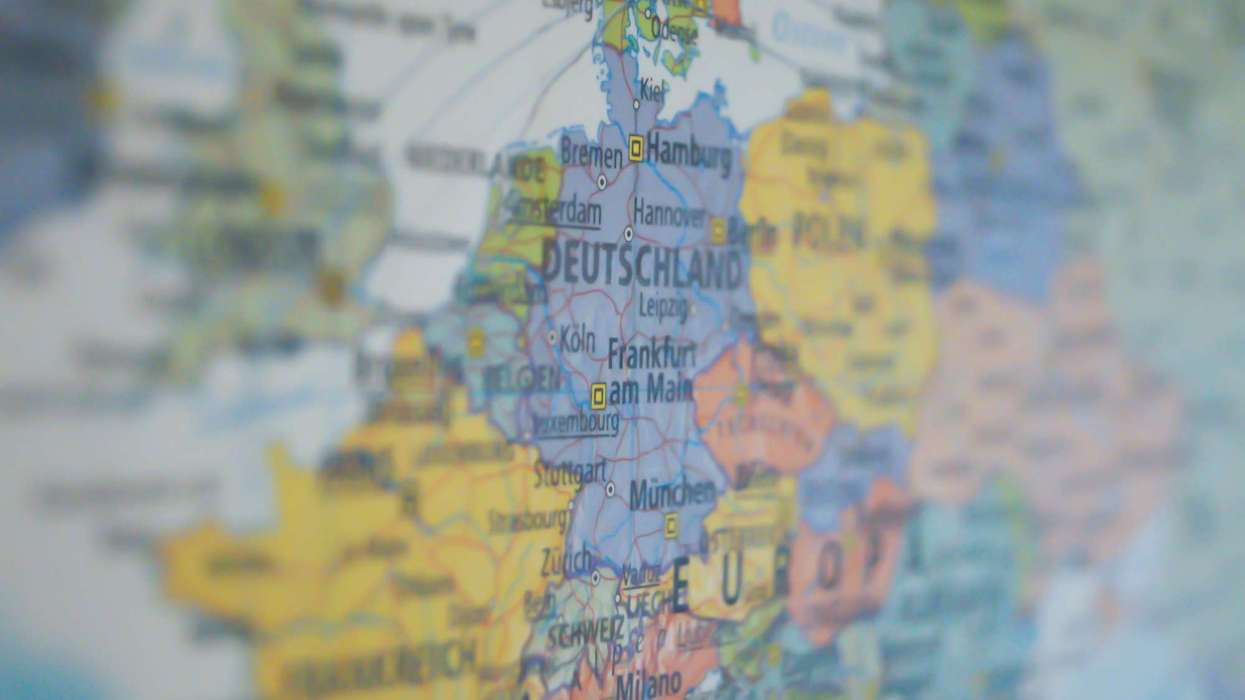Searing, unrelenting heat scorches large swathes of the Earth, killing millions who have no means to escape. Shade is useless, and shallow bodies of water are warmer than the blood coursing through people's veins.
This is a scene from a new sci-fi novel, but the suffocating horror it describes may be closer to science than fiction, according to a draft UN report that warns of dire consequences for billions if global warming continues unchecked.
Earlier climate models suggested it would take nearly another century of unabated carbon pollution to spawn heatwaves exceeding the absolute limit of human tolerance.
But updated projections warn of unprecedented killer heatwaves on the near horizon, according to a 4,000-page Intergovernmental Panel on Climate Change (IPCC) report, seen exclusively by AFP before its scheduled release in February 2022.
The chilling report by the UN's climate science advisory panel paints a grim -- and deadly -- picture for a warming planet.
If the world warms by 1.5 degrees Celsius -- 0.4 degrees above today's level -- 14 percent of the population will be exposed to severe heatwaves at least once every five years, "a significant increase in heatwave magnitude", the report says.
Going up half a degree would add another 1.7 billion people.
Worst hit will be burgeoning megacities in the developing world that generate additional heat of their own, from Karachi to Kinshasa, Manila to Mumbai, Lagos to Manaus.
It's not just thermometer readings that make a difference -- heat becomes more deadly when combined with high humidity.
It is easier, in other words, to survive a high temperature day if the air is bone-dry than it is to survive a lower temperature day with very high humidity.
That steam-bath mix has its own yardstick, known as wet-bulb temperature.
Experts say that healthy human adults cannot survive if wet-bulb temperatures (TW) exceed 35 degrees Celsius, even in the shade with an unlimited supply of drinking water.
"When wet-bulb temperatures are extremely high, there is so much moisture in the air that sweating becomes ineffective at removing the body's excess heat," said Colin Raymond, lead author of a recent study on heatwaves in the Gulf.
"At some point, perhaps after six or more hours, this will lead to organ failure and death in the absence of access to artificial cooling."
- Heat stroke, heart attacks -
We've already seen the impact of deadly, humid heat at far lower thresholds, especially among the elderly and infirm.
Two heatwaves in India and Pakistan that hit 30 degrees Celsius TW in 2015 left more than 4,000 people dead.
And the 2003 heatwave that killed more than 50,000 people in western Europe registered wet-bulb temperatures only in the high 20s.
Blistering heatwaves across the northern hemisphere in 2019 -- the second warmest year on record for the planet -- also caused a large number of excess deaths, but wet-bulb data is still lacking.
Research from the Institute for Health Metrics and Evaluation (IHME) reports just over 300,000 heat-related deaths worldwide from all causes in 2019.
Some 37 percent of heat-related deaths -- just over 100,000 -- can be blamed on global warming, according to researchers led by Antonio Gasparrini at the London School of Hygiene & Tropical Medicine.
In half-a-dozen countries -- Brazil, Peru, Colombia, the Philippines, Kuwait and Guatemala -- the percentage was 60 percent or more.
Most of these deaths were probably caused by heat stroke, heart attacks and dehydration from heavy sweating, and many could likely have been prevented.
- Cities at risk -
Dangerous spikes above 27 degrees Celsius TW have already more than doubled since 1979, according to Raymond's findings.
His study predicts wet-bulb temperatures will "regularly exceed" 35 degrees Celsius TW at some locations in the next several decades if the planet warms 2.5 degrees above preindustrial levels.
Human activity has driven global temperatures up 1.1 degrees Celsius so far.
The 2015 Paris Agreement calls for capping the increase at "well below" two degrees Celsius, and 1.5 degrees if possible.
Even if those targets are met, hundreds of millions of city dwellers in sub-Saharan Africa, as well as South and Southeast Asia, will likely be afflicted by at least 30 deadly heat days every year by 2080, the IPCC report says.
"In these regions, the population of cities is growing dramatically and the threat of deadly heat is looming," said Steffen Lohrey, lead author of a study, still under peer review, cited in the report.
His calculations, Lohrey added, do not even take into account the so-called urban heat island effect, which adds 1.5 degrees Celsius on average during heatwaves compared to surrounding areas.
Heat-absorbing tarmac and buildings, exhaust from air conditioning, and the sheer density of urban living all contribute to this increase in cities.
- Heatwave 'hotspot' -
Sub-Saharan Africa is especially vulnerable to lethal heatwaves, in large part because it is least prepared to cope with them.
"Both real-world observations and climate modelling show sub-Saharan Africa as a hotspot for heatwave activity," said Luke Harrington, a postdoctoral researcher at the University of Oxford's Environmental Change Institute.
In central China and central Asia, meanwhile, "extreme wet-bulb temperatures are expected to approach and possibly exceed physiological thresholds for human adaptability", the IPCC warns.
The Mediterranean is also vulnerable to deadly incursions of hot weather.
"In Europe, up to 200 million people will be at high risk of heat stress by mid-century if the world warms up to two degrees Celsius until 2100," the report says.
Crucial to mortality rates is the ability of the population to adapt, explains Jeff Stanaway, a researcher at IHME.
"There is a greater sensitivity to heat in western Europe than in North America," he told AFP.
"That's because in North America everyone has air conditioning and well-insulated, modern buildings. It's just a difference in infrastructure."
- 'Cooling gap' -
But as with so many climate change impacts, the effects of heatwaves are not felt evenly by all.
In some developing countries, economic development is not keeping up with the cost of cooling the population, exposing a race between warming and the capacity to adapt to it.
One researcher has dubbed this the "global cooling gap".
A study of adaptation techniques in the Vietnamese capital Hanoi found that many people don't use the air conditioners in their bedrooms because they cost too much to run. Some wrap themselves in wet sheets before they go to sleep instead.
Ultimately, high heat will destroy more lives indirectly rather than by reaching levels at which the body simply shuts down, the IPCC report suggests.
Higher temperatures will spread disease vectors, reduce crop yields and nutrient values, slash labour productivity and make outdoor manual labour a life-threatening activity.
Experts say the worst impacts could be avoided if global warming is capped as close to 1.5 degrees Celsius as possible, in line with the Paris Agreement.
But even then, with temperatures rising twice the global average in many regions, some severe impacts are baked in.
"Today's children will witness more days with extreme heat when manual labour outside is physiologically impossible," the IPCC report warns.




